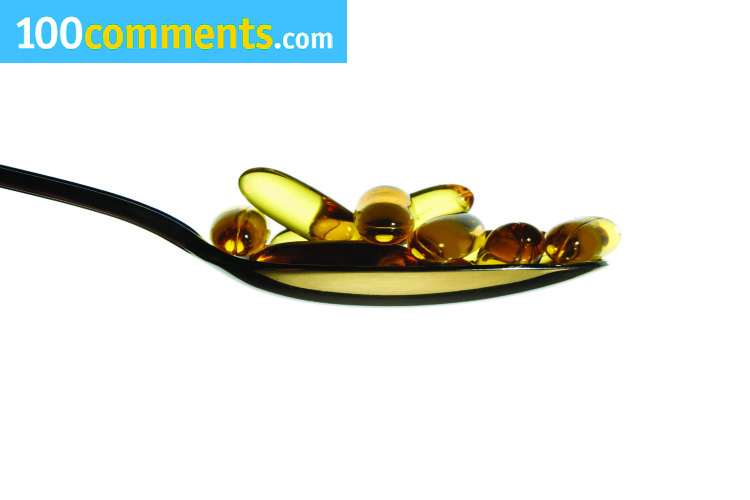As more and more people face the problem of infertility, experts have come to the conclusion that modern lifestyle habits are largely to blame, and quite honestly, we can’t blame them for that conclusion. It is indeed a modern day issue which is on the rise for this was certainly not the case during the days of our ancestors.
In the good old days, women of child-bearing age were encouraged to eat healthy foods and consume nutrients specifically meant for womb health. These days, busy schedules and hectic lifestyles leave little room for pondering over one’s diet. The fastest and quickest way always wins.
If infertility is an issue, due attention has to be given to one’s diet for it directly involves the well-being of your womb and reproductive system. To simplify your life, here are some tips on what to consume more of at the different stages of your cycle to enhance your fertility.
Table of Contents
During your menstruation
For many women, having their period means having to contend with cramps, fatigue and moodiness. It’s also when we deplete our iron stores. The average woman loses 30-40 milliliters of blood over the course of three to seven days of her period and that’s why it’s a good time to focus on foods rich in iron.
Load up on:
Meat, beans, fish, leafy green vegetables and seeds. Most of these foods are rich in iron, which is especially important if you have endometriosis or bleed heavily. And some (like fish, seeds and leafy greens) have anti-inflammatory properties, which can help mitigate cramps by encouraging healthy blood flow. Eat plenty of bell peppers, tomatoes, broccoli, kiwi, citrus and other food sources that are high in vitamin C to help your body absorb iron from the food you eat.
Follicular Phase
During the follicular phase, your body is working hard to develop a dominant follicle and estrogen levels are on the rise. Unfortunately, women who are struggling with fibroids and endometriosis often have too much estrogen (a condition called estrogen dominance). Cruciferous veggies like broccoli, kale, cabbage and cauliflower contain a phytonutrient called di-indolylmethane (DIM), which can help women metabolize estrogen better. DIM binds to environmental estrogens like pesticides and hormones in meat and dairy products, helping rid the body of excess estrogen. Also, don’t forget to have some olive oil, avocado, nuts and seeds with those leafy greens. These foods are loaded with vitamin E, which is found in the fluid of the follicle that’s housing your egg.
Load up on:
Foods that support follicle development like nuts, seeds, green vegetables, legumes, eggs and fish.
Ovulation Phase
As you near ovulation, the body needs plenty of B vitamins and other nutrients to support the release of the egg and promote implantation. Zinc can help with cell division and progesterone production while vitamin C is found in high quantities in the follicle after the egg is released and may play a role in progesterone production as well.
During this phase of your monthly cycle, essential fatty acids (EFAs) can come in handy in more ways than one. One of the best source is omega-3s from fish and also fish oil supplements. These EFAs are best known for promoting blood flow to the uterus and supporting the opening of the follicle to release the egg, but that’s not all! They also open up the tiny blood vessels in your vagina, which can lead to more libido in bed!
Fish oil thins out your blood and increases circulation to your body parts and boosts the testosterone in your body so you may become aroused more quickly. Need we persuade you any further?
Load up on:
Leafy greens, whole grains, eggs, legumes, meat, fish (or fish oil supplements) and water—lots and lots of water. Water plays a key role in transporting hormone and developing follicles. It also helps thin out cervical mucus, which may make it a little easier for your partner’s sperm to get to their goal.
Luteal Phase
Now is the time to concentrate on nutrients that encourage cell growth. Beta-carotene, which is commonly found in yellow and orange foods (e.g., carrots, cantaloupe and sweet potatoes), helps keep your hormones in check and prevents early miscarriage.
Biologically, the corpus luteum, which helps produce the progesterone necessary to sustain a pregnancy, is loaded with beta carotene.
Load up on:
Warming foods like soups and stews. The luteal phase is also about creating higher temperatures to help hold a pregnancy.
















